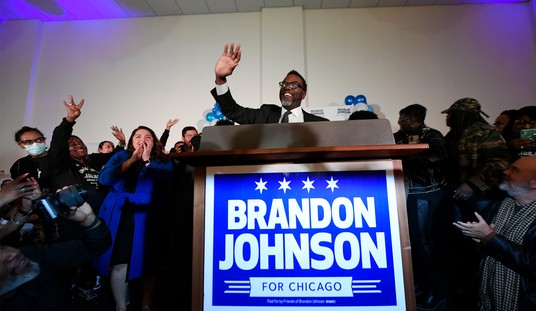WASHINGTON – Former Secretary of State Madeleine Albright described human rights and democracy as “global concepts” because “we’re all the same.”
Albright was asked if the U.S. is doing enough to promote the importance of human rights and the rule of law in the Arab world.
“I believe we do or at least we try but I think the problem comes, having tried it – I won’t say in which country – that we can’t help you if you don’t really do something about your laws and human rights. That was kind of ‘mind your own business,’ but I do think we have to do that even if it is not received well and it is argued that it actually, by those that don’t want to do it, that it adds to the chaotic situation,” Albright said during a discussion titled “Real security: Governance and stability in the Arab world” at the Brookings Institution on Nov. 21.
“The question is, are human rights, democracy, participation of people a western concept or is it a global concept? I have argued it’s global. We’re all the same. People want to be able to make decisions about their own lives and they want to have some absence of arbitrarinesss, but it’s not an easy message to deliver and, frankly, if it’s not delivered alongside with practical assistance, whether it is to their security or aid programs but it does have to go together and if we don’t do it, your country [Tanzania] and ours, then we are not fulfilling our responsibilities but it’s not happily received,” she added.
Albright and Stephen Hadley are co-chairs of the Atlantic Council’s Middle East Strategy Task Force.
Hadley, former national security advisor from 2005-2009, said the international community should “support” governments in the Middle East “financially and diplomatically” that are willing to move toward democracy.
“Think about the environment in the Middle East today and to say to a leader ‘we need you to take the risks of reform’ and moving in this direction in a region that is in many respects melting down – this is a hard thing we are asking of leaders and we have to recognize it,” he said.
Tamara Cofman Wittes, senior fellow on foreign policy at the Center for Middle East Policy, said corruption typically exists because “those in power are trying to solve problems that they have – they are trying to grease the wheels of their own lives or the people above them in the chain.”
“So you have to look at how to fix the political dysfunctions that create incentives for corruption, whether that’s paying policemen higher salaries or making sure there are expectations from outside as well as inside,” she said.
Both Albright and Hadley also appeared at an Atlantic Council event on Nov. 30 about the Middle East Strategy Task Force’s final report, A New Approach for the Middle East.
Albright explained why the new report differs from past reports coming out of Washington about addressing problems in the Middle East.
“I think what is new is the fact that we have recognized more clearly, I think, than has been done before that this cannot be ordered from the outside – that this is really dependent on local initiatives and supporting those local initiatives,” she said. “We have understood the importance of ending the civil wars and then also looking at what the economy and the development issues are and the governance issues, so we have brought all of those questions together and then have looked at how they interact with each other.”
Albright said she believes the U.S. has learned that it cannot “march” into a country in the Middle East, solve everything and choose its leaders.
“We can help them design their regulatory system, but we can’t say do it the way the Americans do. And I really do think the past has been very long and filled with mistakes, certainly before World War I, but from World War I on and we are all paying for the mistakes that have been made over those 100 years,” she said.








Join the conversation as a VIP Member